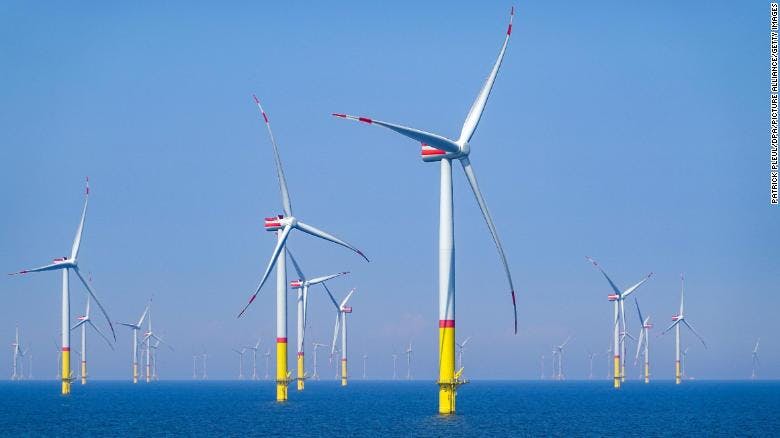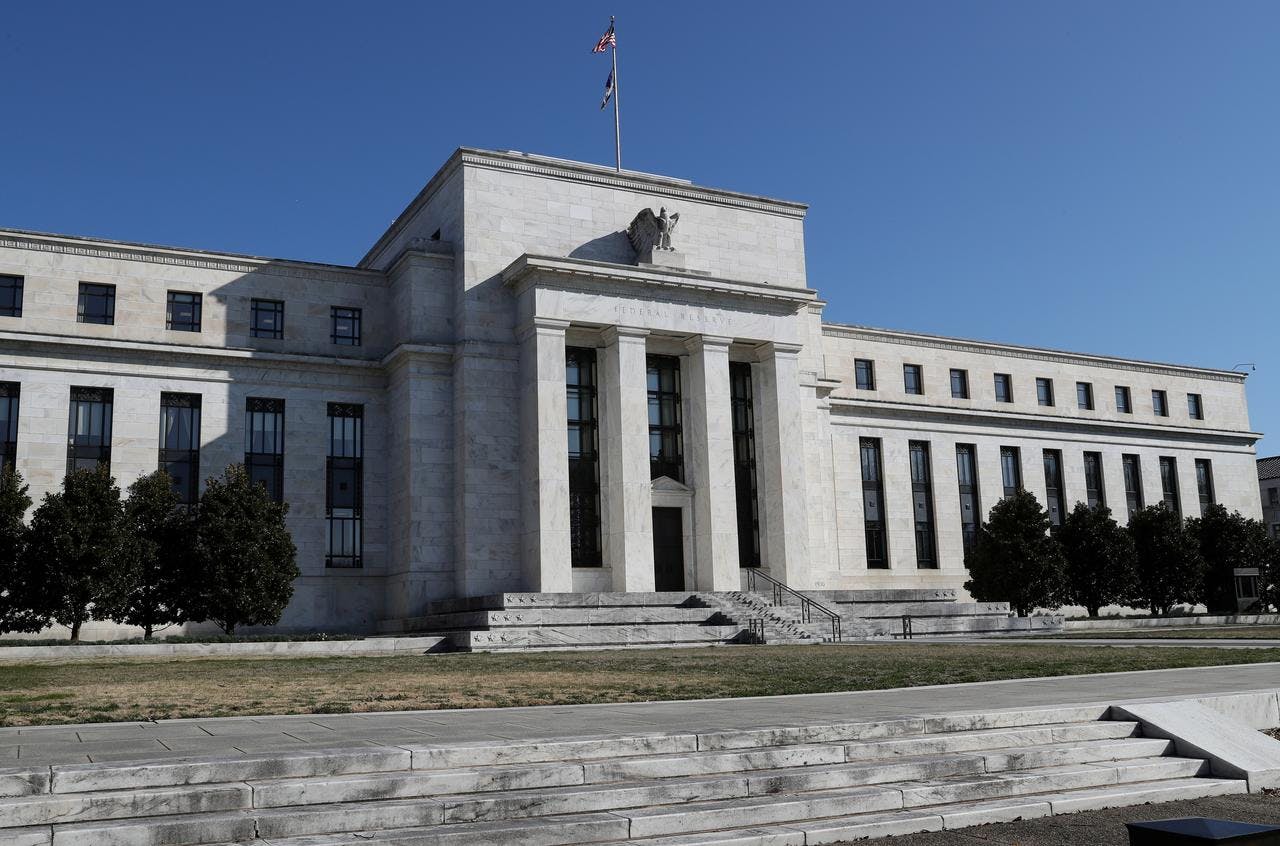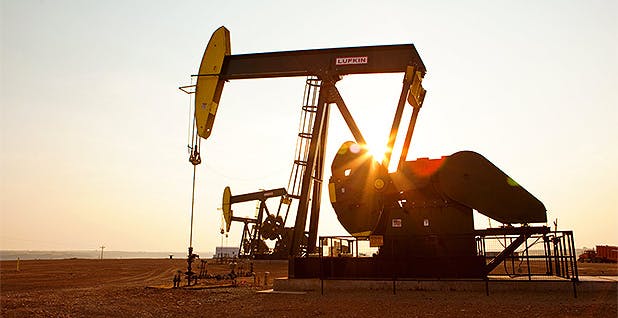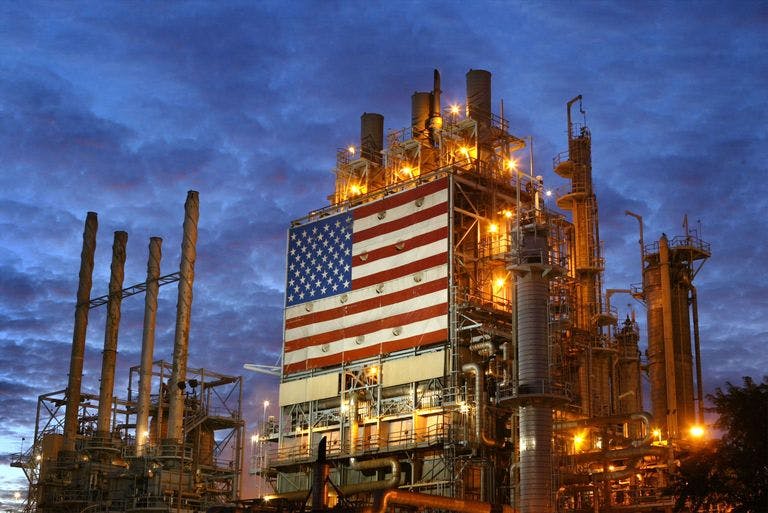 E&E News
E&E News
Democrats to grill Brouillette on climate, green recovery
The House Energy and Commerce Committee, hungry to launch a clean energy recovery effort, will meet this week with an Energy secretary skeptical of significant reforms in response to the coronavirus pandemic.
Dan Brouillette's appearance tomorrow will be his first on Capitol Hill since the pandemic flipped the national economy on its head, including job losses in the clean energy sector peaking at 620,000 and in the oil and gas sector at nearly 200,000, according to analysts.
For House Democrats, the past four months have only magnified the need for dramatic stimulus to help stabilize emerging clean energy technologies.
Read more CNN
CNN
Ocean investment could aid post-Covid-19 economic recovery
Every dollar invested in a sustainable ocean economy can yield at least five times the return in benefits, according to a new report commissioned by the High Level Panel for a Sustainable Ocean Economy.
As many countries roll out bailout packages to counter the impact of the Covid-19 pandemic, the report says investment in these four key ocean intervention areas could help aid economic recovery both now and in the future:
-- Conservation and restoration of mangroves
-- Decarbonization of the shipping industry
-- Scaling up offshore wind production
-- Increasing sustainable protein from the ocean
Read more Bloomberg
Bloomberg
Wall Street Reaps a Bonanza on Fed’s Support for Corporate Debt
The Federal Reserve’s extraordinary effort to keep credit flowing to companies during the Covid-19 pandemic is also shunting money to banks’ bottom lines.
Fees for underwriting blue-chip U.S. company bonds in the first half of the year essentially doubled to more than $7 billion, according to data compiled by Bloomberg, after the Fed set up an unprecedented series of programs to support corporate debt markets and slashed interest rates. U.S. companies have rushed to borrow, selling more than $1 trillion of high-grade notes in just a few months, and some of the proceeds have trickled down to banks.
Read more Reuters
Reuters
Federal Reserve's $3 trillion virus rescue inflates market bubbles
The Federal Reserve’s $3 trillion bid to stave off an economic crisis in the wake of the coronavirus outbreak is fueling excesses across U.S. capital markets.
The U.S. central bank has pledged unlimited financial asset purchases to sustain market liquidity, increasing its balance sheet from $4.2 trillion in February to $7 trillion today.
While the vast majority of these purchases have been limited to U.S. Treasuries and mortgage-backed securities, the Fed’s pledge to bolster the corporate bond market has been enough to spur a frenzy among investors for bonds and stocks.
Read more E&E News
E&E News
Report warns of growing oil bankruptcies
Oil and gas bankruptcies spiked from April to June, reaching their highest level in a quarter since the 2016 oil crash, according to a new report.
The analysis from law firm Haynes and Boone LLP on Friday said the filings from 18 companies represent a combined total of $29 billion in debt. By comparison, only five companies declared bankruptcy in the first quarter of 2020.
In the last week of June alone, three companies made filings, including shale giant Chesapeake Energy Corp., noted Kraig Grahmann, chair of the energy and finance practice group at Haynes and Boone.
"We definitely expect it to keep picking up over the course of the year," Grahmann said.
Read more Esquire
Esquire
OPINION: Capitalism's 'Invisible Hand' Is Now Just an Earth Mover
It's a rare thing when we get such a clear look at how closely entwined profiteering, plutocracy, and reckless contributions to the climate crisis are. Usually, it's one or the other. Sometimes, it's two together. But, as The New York Times demonstrates, if you want to see how all three phenomena contribute to one another, it's usually helpful to look at the energy and extraction industries. They are plunging into bankruptcy, but their executives are living large. Their production is way down, but they likely will continue to damage the climate long after they close up shop.
Read more